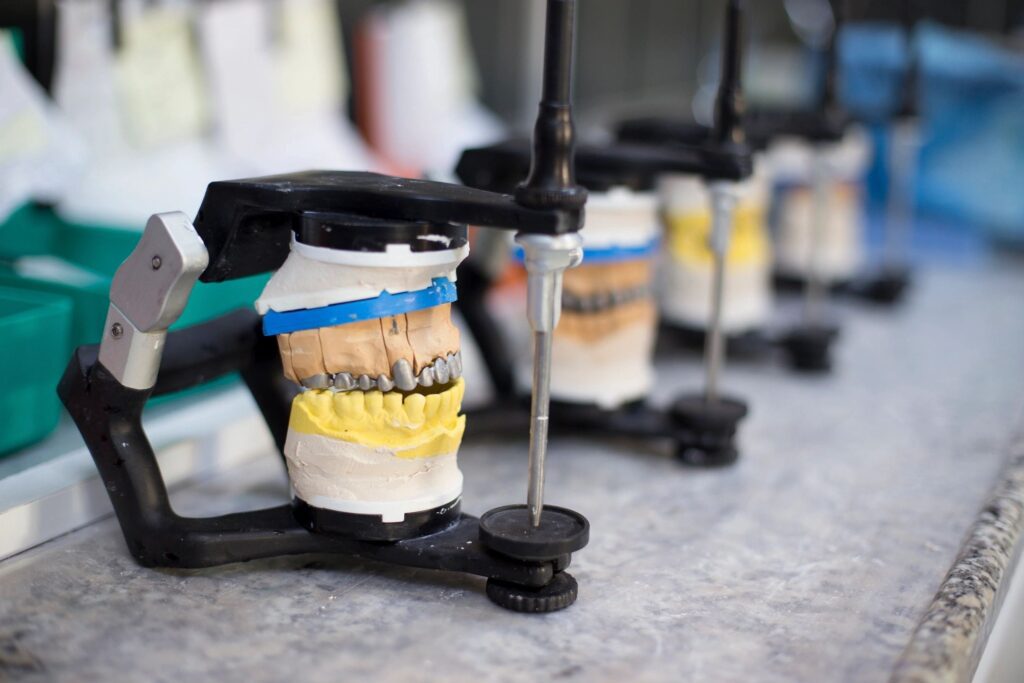Top Oral Dental Issues
Preventing and Treating the Top Oral Dental Issues for Better Health
According to reports, 90% of adults suffer from tooth decay.
Are you tired of dealing with oral dental issues? Do you wish you had a healthy and beautiful smile? Look no further!
In this article, we will discuss the most common oral dental issues and provide tips on how to prevent and treat them for better overall health.
From tooth decay to gum disease, these issues can negatively impact your smile and overall well-being. But don’t worry, by taking proactive measures and following a proper oral hygiene routine, you can keep these problems at bay.
Don’t let oral dental issues hold you back from achieving the healthy smile you’ve always wanted. Follow along and take action to improve your teeth care routine for better oral hygiene and confidence. So without further ado, let’s dive into the world of oral dental health.

Untreated tooth decay is one of the most prevalent health problems globally.
Treating cavities and decay is essential for good oral health. Regular dental check-ups and brushing and flossing daily can help prevent oral decay and cavities.
Fluoridated water also helps strengthen tooth enamel. This makes it harder for acid to damage the teeth. Fluoride toothpaste and mouthwash can help rid the mouth of any existing bacteria and keep it healthy.
In order to prevent and treat dental decay, it is also important to reduce or avoid sugary foods and beverages. Limiting the amount of sugar you consume can help reduce the risk of decay and other oral problems.
Tooth decay is often caused by bacteria in the mouth which produce acids that erode the enamel of your teeth. Eating sugary foods and drinking sugar-filled drinks allow the bacteria to thrive and cause even further damage.
If allowed to continue, this can lead to gum disease and eventually tooth loss. To prevent and treat these issues, it’s important to reduce your sugar intake and focus on eating more nutritional foods that are high in vitamins and minerals.
If cavities are present, they can be filled with a white filling. This not only prevents further decay but also provides an aesthetically pleasing finish. Other treatment options include crowns, root canal treatment, and extractions.
If left untreated, cavities can worsen and cause infections or even abscesses, which can be very dangerous. Fillings should be both checked and treated to ensure no further decay is caused. Regular teeth cleaning and scaling are also important for the prevention of cavities and decay.
By keeping on top of your oral health, you can help prevent cavities and decay and ensure better overall oral health.

Gum disease (periodontitis) is a severe infection of the gums that affects the tissues around teeth. This can lead to gum recession and tooth loss in severe cases.
The disease begins as gingivitis, which is a mild form of gum disease caused by plaque buildup.
Preventing and treating gum disease is essential for maintaining good oral health. The basic and most important steps to prevent and treat gum disease are to practice good oral hygiene habits. This includes brushing twice a day, flossing daily, and using an antiseptic mouthwash to help kill bacteria.
Regular dental check-ups, professional cleanings, and regular X-rays are also important for identifying and treating gum disease in its early stages.
People with a history of gum disease should also keep regular appointments with their healthcare provider and their dentist to ensure that they are receiving the best care and monitoring of their gum health.
Properly controlling diabetes, curtailing smoking, and reducing stress are also factors that can help reduce the risk of gum disease. These factors can play a role in affecting the gum and bone health.
Are you already suffering from gum disease? Quitting all forms of tobacco use is key to treating gum disease, as smoking has been linked to an increased risk of gum disease and other oral health issues.
Treatment options depend on how severe the disease is and may include deep cleaning and oral surgery.

Poor oral hygiene and untreated dental conditions can lead to periodontal disease and cause teeth to become loose. But tooth loss can be caused by multiple factors, not just poor oral hygiene habits. Some of these causes include hereditary gum disease, chronic malnutrition, and injury.
People should brush and floss regularly, have regular professional teeth cleaning, and visit the dentist yearly for preventative check-ups and to catch problems before they become serious.
Eating crunchy fruits and vegetables or chewing sugar-free gum can help clean plaque from the teeth. Avoiding soda and sugary foods can also help reduce cavities.
In addition, quitting smoking has been clinically proven to reduce periodontal problems.
In more severe cases, dental implants, bridges, or dentures may be necessary to replace missing teeth and improve oral health. It is essential for individuals to have access to good dental care and to take proactive steps to prevent and treat tooth loss.

Bad breath can cause embarrassment and impact your confidence. Poor oral hygiene, smoking, and certain foods are often culprits. While temporarily masking the smell with gum or mints can help, it’s important to address the underlying issue.
Preventing and treating bad breath is a key component in maintaining better oral health.
The most important step in preventing bad breath is to brush and floss regularly. Brushing twice a day and flossing daily are key to removing bacteria and food particles from our mouths, which can lead to bad breath.
In addition, it is important to visit your dentist on a regular basis. Your dentist can help detect any other issues that may be causing bad breath such as gum disease, cavities, and oral infections.
If the cause of the bad breath is a health issue, it’s important to treat the underlying problem right away.
Finally, drinking plenty of water can help keep your mouth hydrated and wash away potential sources of bacteria that can lead to bad breath. Following good oral hygiene practices can help prevent and treat bad breath, giving us fresher breath and better overall health.
Prevention Is Key to Stopping Oral Dental Issues in Their Tracks
In conclusion, taking care of your oral dental health is incredibly important. Regular dental visits and proper dental hygiene can help prevent oral dental issues like tooth decay, gum disease, and bad breath. Start implementing these tips today for a healthier smile and improved overall health.
Don’t let oral health challenges hold you back from your day-to-day life. Start taking action now with these tips and maintain a healthy and happy oral lifestyle.
Looking for the best products to help you take care of your oral health? Visit this section of our website for in-depth guides, product reviews, and more.
